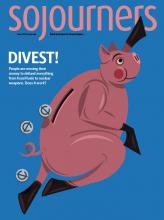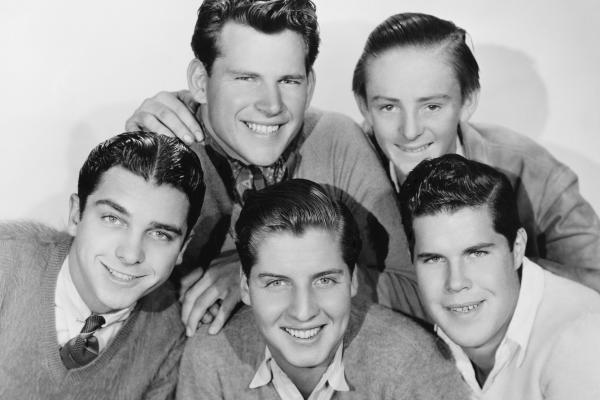Fraternity related scandals reached a fever pitch earlier this year over the viral footage of two Sigma Alpha Epsilon (SAE) students at the University of Oklahoma chanting an appalling, racially insensitive song. There was a certain visceral, shocking quality to the story that drew me in, along with the rest of the country. Students marched. The University President swiftly shut down the SAE house. And Danny Duncan Collum wrote “Epic Bad Behavior,” (Sojourners, June 2015), an article advocating for the abolishment of more fraternities. While Collum’s position is extreme, I find it challenging to disagree — even as an alumnus of the University of Oklahoma and its fraternity system.
The OU fraternity members’ behavior seemed to be unanimously condemned by the faculty and student body, including those in fraternities and sororities. Still, as I read social media comments from both current and former members of the OU Greek system, I felt a sense of disappointment that a valuable, albeit painful, lesson was generally missed. Instead of seeing the incident as an opportunity for serious self-reflection, most preferred to frame it as an isolated mistake of two bad apples.
While in a fraternity, I found it peculiar how defensive many in Greek life were to even the slightest criticisms. When classmates playfully joked that fraternities were “centers of conformity” or “places to buy friends,” fraternity members had the usual rebuttals ready: Fraternity members have higher overall GPAs; so much good is done through fraternity philanthropy; most Congressmen were in fraternities (I never found that one too compelling).
Read the Full Article

